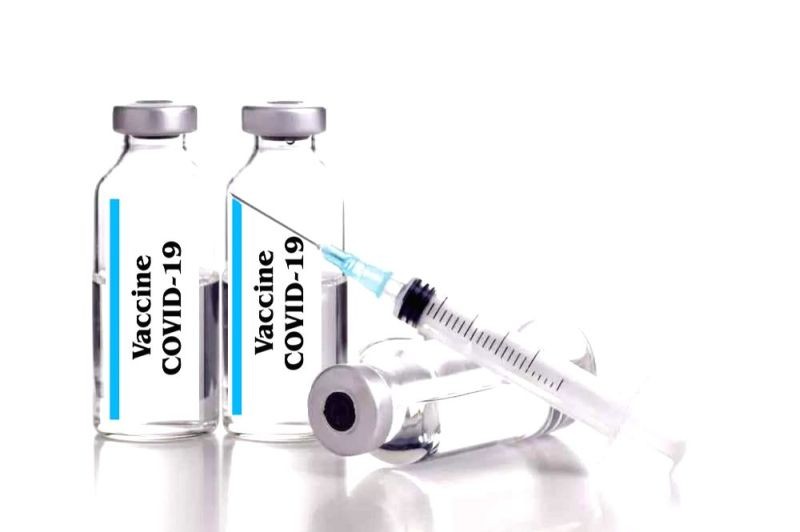IANS File Photo

London, May 23 (PTI): A new study by health officials in England shows for the first time that two doses of COVID-19 vaccines are highly effective against the B1.617.2 variant first identified in India.
Public Health England (PHE) said on Saturday that while the Pfizer/BioNTech vaccine was 88 per cent effective against symptomatic COVID-19 from the B1.617.2 variant of concern (VOC) two weeks after the second dose, the Oxford/AstraZeneca vaccine was 60 per cent effective against symptomatic disease from the B1.617.2 VOC.
However, the effectiveness from both types of vaccines was found to be only 33 per cent against the VOC found in India after just one dose of either jab.
The Serum Institute of India has been producing the Oxford/AstraZeneca vaccines as Covishield for use in India as protection against COVID-19.
This new evidence is groundbreaking and proves just how valuable our COVID-19 vaccination programme is in protecting the people we love, said UK Health Secretary Matt Hancock.
It's clear how important the second dose is to secure the strongest possible protection against COVID-19 and its variants and I urge everyone to book in their jab when offered, he said.
"I'm increasingly confident we're on track for the roadmap because this data shows the vaccine after two doses works just as effectively, and we all know that the vaccine is our way out of this," added the minister, raising hopes that the June 21 end to lockdown date remains on track.
The analysis shows that vaccine effectiveness against symptomatic disease from the B.1.617.2 variant is similar after two doses compared to the B1.1.7 VOC discovered in Kent and currently the dominant variant in the UK.
The Pfizer jabs were found to be 93 per cent effective against the B1.1.7 VOC compared to 66 per cent effectiveness from AstraZeneca against the B.1.1.7 variant. After just one dose, they both showed around 50 per cent effectiveness against the B1.1.7 VOC.
PHE said it expects to see even higher levels of effectiveness against hospitalisation and death over time.
This study provides reassurance that two doses of either vaccine offer high levels of protection against symptomatic disease from the B1.617.2 variant, said Dr Mary Ramsay, Head of Immunisation at PHE.
We expect the vaccines to be even more effective at preventing hospitalisation and death, so it is vital to get both doses to gain maximum protection against all existing and emerging variants, she said.
The analysis included data for all age groups from April 5 to cover the period since the B1.617.2 VOC emerged.
It included 1,054 people confirmed as having the B1.617.2 variant through genomic sequencing, including participants of several ethnicities.
PHE noted that the difference in effectiveness between the vaccines after two doses may be explained by the fact that rollout of second doses of AstraZeneca was later than for the Pfizer vaccine, and other data on antibody profiles show it takes longer to reach maximum effectiveness with the AstraZeneca vaccine.
Separate PHE analysis indicates that the COVID-19 vaccination programme has so far prevented 13,000 deaths and around 39,100 hospitalisations in older people in England, up to May 9.
Today's data is astounding and a true reflection of just how important it is to get both your jabs when offered. I encourage all those offered an appointment to get their jab booked in as soon as possible and take full advantage of the high levels of protection the vaccines bring, said Nadhim Zahawi, UK Vaccine Deployment Minister.
PHE said there are currently insufficient cases and follow-up periods to estimate vaccine effectiveness against severe outcomes from the B1.617.2 variant but that it will continue to evaluate this over the coming weeks.
However, as with other variants, it remains confident that even higher levels of effectiveness are expected against hospitalisation and death.






